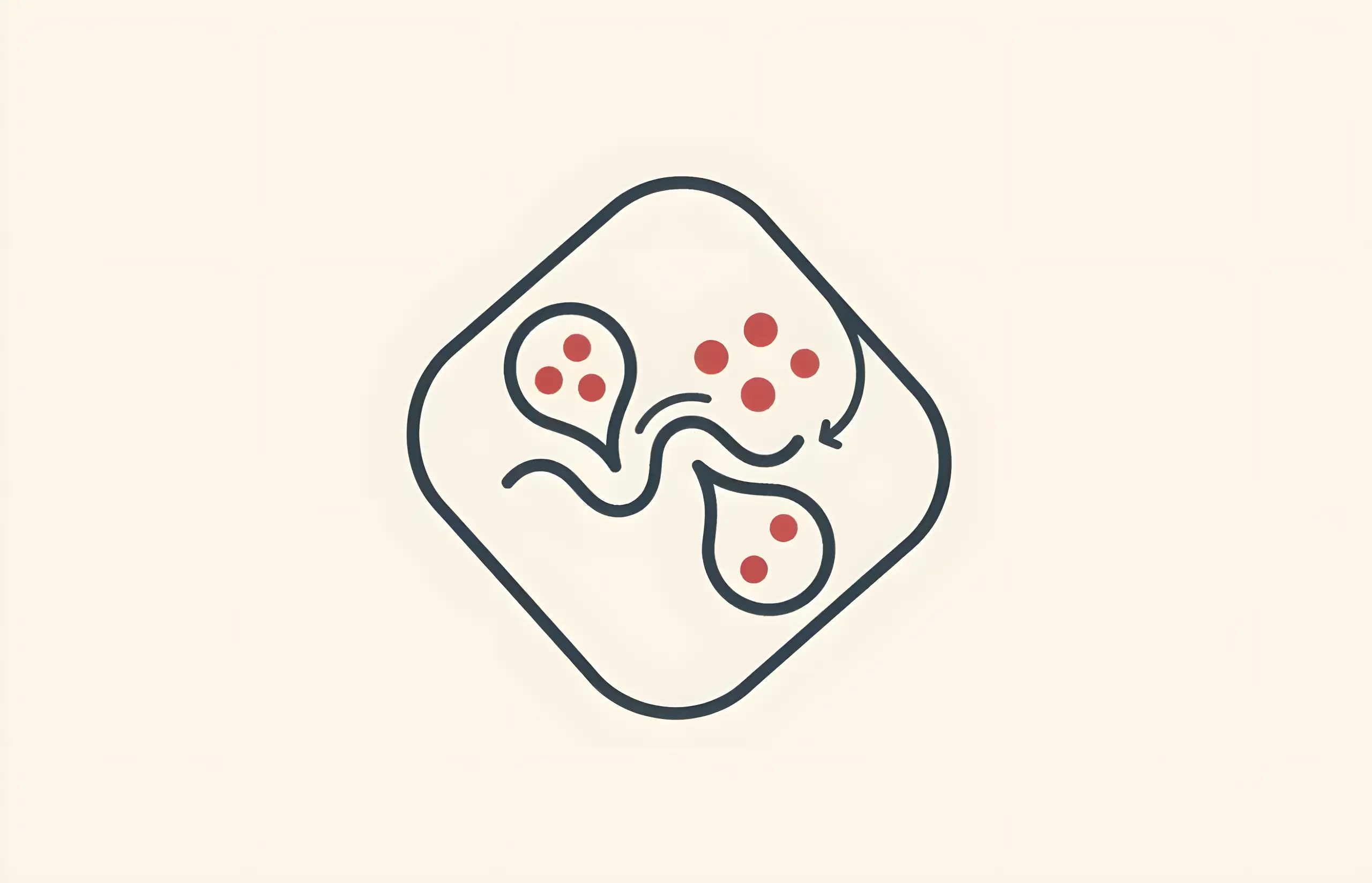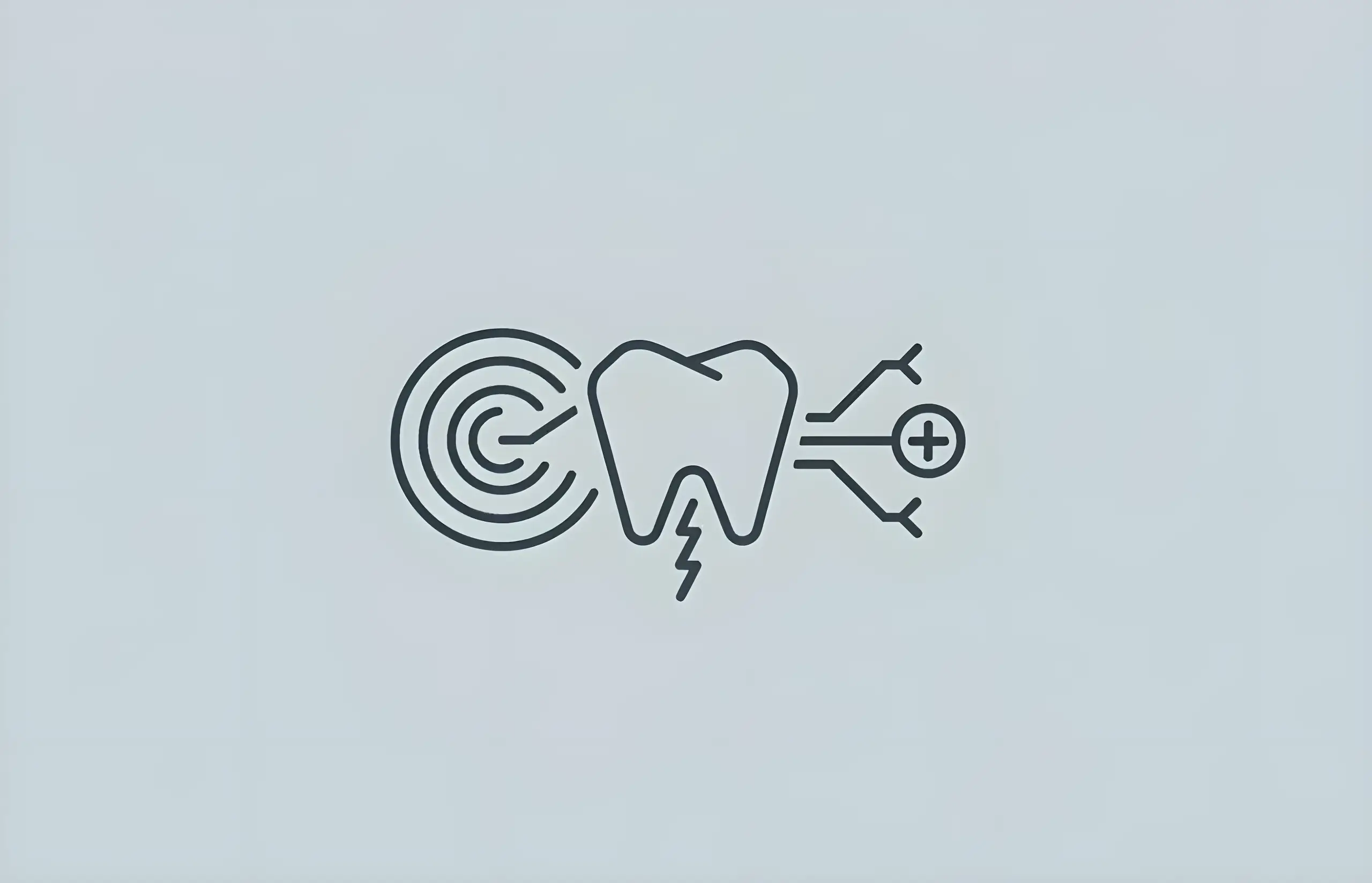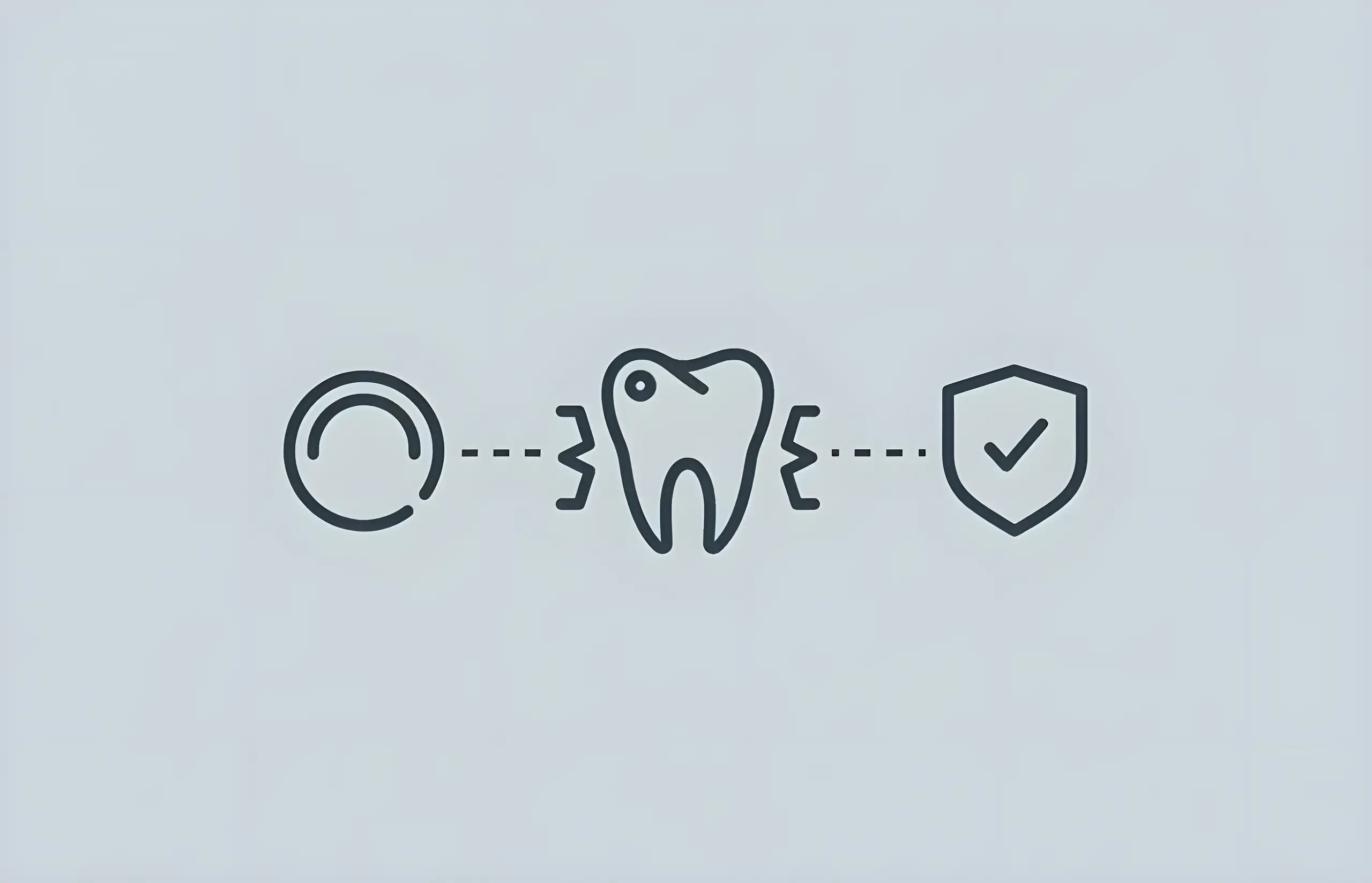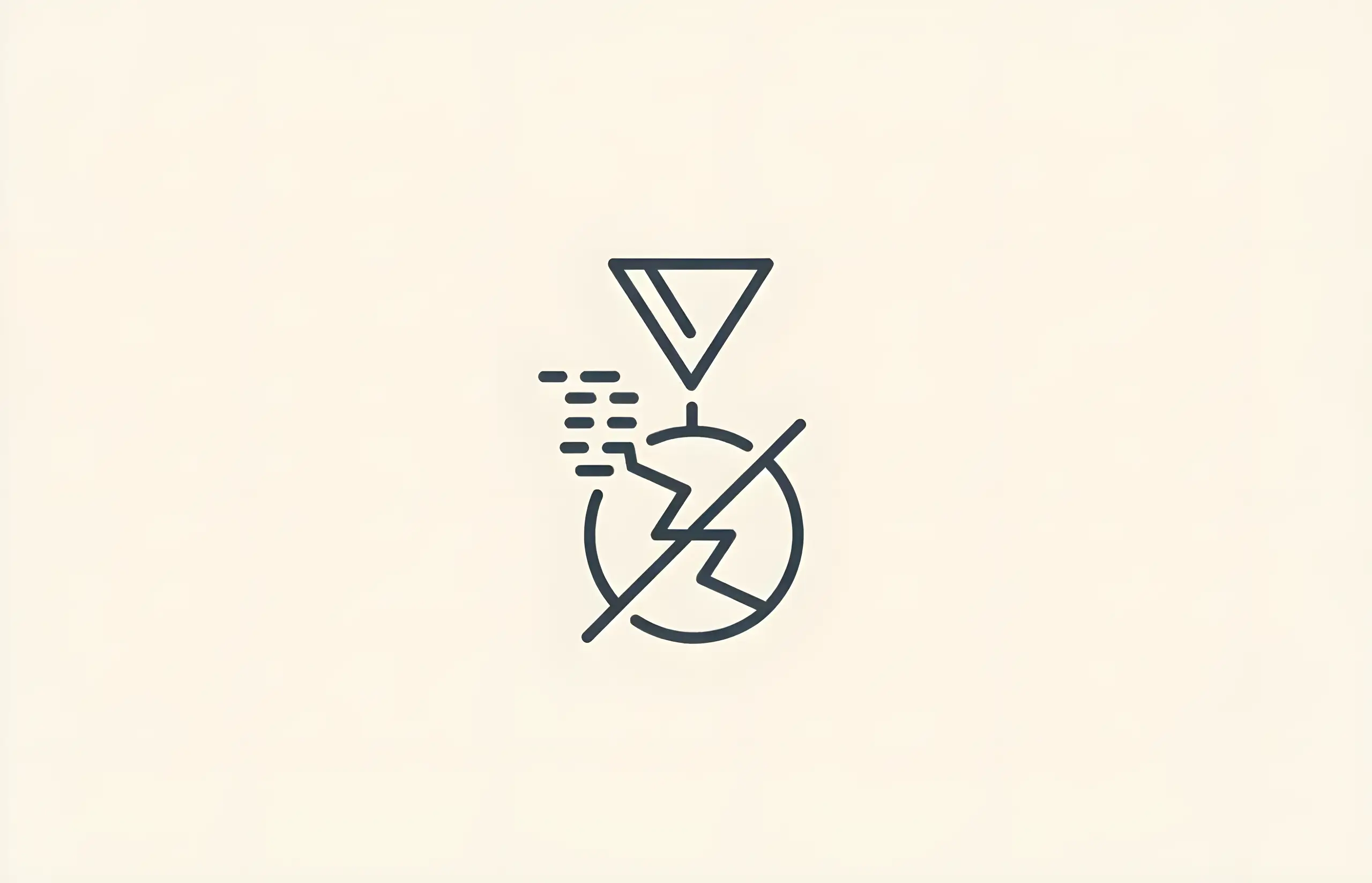Caused by the type 1 or type 2 herpes simplex virus, cold sores, oral herpes or fever blisters are highly contagious, unattractive and very painful sores. Cold sores appear as a cluster of reddish, blister-like, fluid-filled sores that develop around the mouth, lips, cheeks, chin or even in the nose.
When contracted, the herpes simplex virus can lie dormant in your nerve cells for several years and be triggered by various factors such as your menstrual cycle, being mentally stressed, exposure to sunlight, raised body temperature, physical trauma such as surgery or dental work, fatigue, cold weather and eating certain kinds of food.
A burning or tingling sensation is typically a warning sign of an outbreak of cold sores and then the blisters begin to appear. Usually, cold sores can last up to 2-4 weeks and then they dry up, form crusts or scabs and then disappear. Once the blisters are gone, the virus then goes back into dormancy until it is reactivated again.
While there is no specific cure for cold sores, there are many methods and home remedies that you can use to reduce the discomfort and pain and make the cold sores clear up more quickly.
Ways to Alleviate Discomfort and Pain
Here are a few things that you can do to help reduce the swelling, discomfort and pain and may also help to clear cold sores up faster:
Home Remedies
- Ice or cold compress
- Using a damp, cold washcloth
- Petroleum jelly or any other lip balm
- Apple cider vinegar
- Tea tree or lemon balm essential oil
- Aloe vera gel
- Pain relievers like acetaminophen, ibuprofen or naproxen
Topical Ointments and Creams
There are some OTC anesthetic creams and ointments like benzocaine and lidocaine that can help to reduce the pain caused by cold sores. When used early when the cold sores appear, certain ointments containing benzyl alcohol or docosanol can help in faster healing.
Prescription Medications
Generally, cold sores take around 7-10 days for the cold sores to heal themselves and treatments do not prevent the cold sores from appearing. They only help to heal them more quickly and reduce the symptoms and discomfort.
If you're having very frequent outbreaks of cold sores, then your medical practitioner may consider prescribing oral antiviral drugs such as famciclovir, valacyclovir, penciclovir and acyclovir.
These oral medications can help heal cold sores more quickly in around 4-10 days and are more effective than topical creams and ointments.
Can I Use Bleach on Cold Sores?
Many people use home remedies such as applying iodine, alcohol or starting fluid or bleach on the cold sores to make them heal more quickly and prevent them from coming back. They believe that covering the cold sores with a light layer of bleach can help to kill the virus and heal the blisters.
However, this is a myth. Although circumstantial evidence suggests that the bleach helps to dry out the cold sores, thus accelerating the healing process, there is no proven research to support this claim. In fact, bleach is very harsh, strong and contains ingredients that can be toxic and dangerous.
Bleach can cause redness and inflammation in the area that can last for several months and also irritate your eyes, skin and lungs. When it comes in contact with skin, the bleach can burn any skin tissue, which is why it is recommended that you wear gloves while cleaning with bleach.
Further, putting bleach on the cold sores can delay healing, aggravate the condition, make it worse and can even cause other health problems. Bleach is best for cleaning bathrooms and your home and it is highly recommended to avoid using bleach on your skin.
Wrapping Up
In conclusion, when cold sores occur, the conditions are extremely uncomfortable and painful. There is no cure for cold sores and they resolve on their own in 2-4 weeks.
As discussed in our article, there are several ways by which you can reduce the symptoms caused by cold sores such as topical creams and ointments, OTC pain relievers, certain home remedies and prescription drugs that can help to alleviate the pain and also heal the cold sores more quickly.
However, when using home remedies, they must be used with caution. Using alcohol, window cleaning liquids like Windex, bleach, starting fluid or iodine on the cold sores, which people resort to should be avoided at all costs as these can do more harm than good.
The best option is to consult with your doctor or pharmacist, who can give you the best advice on what to do to relieve the symptoms of cold sores and treat them safely.
Sources and References
- [1]
-
[2]
Treatment and prevention of herpes labialisCanadian Family Physicianhttps://pmc.ncbi.nlm.nih.gov/articles/PMC2602638/
-
[3]
Health effects of sodium hypochlorite: review of published case reportsInternational Journal of Occupational Medicine and Environmental Healthhttps://pmc.ncbi.nlm.nih.gov/articles/PMC9058106/
- [4]
-
[5]
High-Dose, Short-Duration, Early Valacyclovir Therapy for Episodic Treatment of Cold SoresAntimicrobial Agents and Chemotherapyhttps://pmc.ncbi.nlm.nih.gov/articles/PMC149313/
All sources accessed and verified on . Medical information reviewed for accuracy and compliance with current guidelines.
Related Articles

What Causes Red Spots on the Roof of Your Mouth?
Understanding the common causes, symptoms, treatment options, and prevention strategies for red spots and lesions on the palate

Wisdom Tooth Infection: Causes, Symptoms & Treatment
Comprehensive guide to wisdom tooth infections including impaction, cavities, and post-extraction complications, with detailed symptoms and evidence-based treatment options

Wisdom Tooth Pain: Causes & Remedies
Understanding Pericoronitis Symptoms and Evidence-Based Pain Relief (73.7% Report Pain as Main Indication)
About The Dental Guide
The Dental Guide is a trusted online resource providing evidence-based information about dental health, treatments, and procedures. Our content is created and reviewed by qualified dental professionals to help you make informed decisions about your oral health.
Our Mission
- Evidence-based dental information
- Expert-reviewed content
- Clear, accessible explanations
- Latest treatment options
- Patient-focused guidance
Editorial Standards
- GDC-registered dental professionals
- Peer-reviewed sources
- Regular content updates
- Medical accuracy verification
- Transparent authorship
Important Notice
The information on The Dental Guide is for educational purposes only and should not replace professional dental advice. Always consult with a qualified dentist for diagnosis and treatment recommendations tailored to your individual needs and circumstances.
Medically Reviewed
Reviewed by Dr. Nasim Mechoui , BDS (Bristol)
Share this article
Comments & Discussion
Have questions about dental implants? Share your thoughts or experiences.
